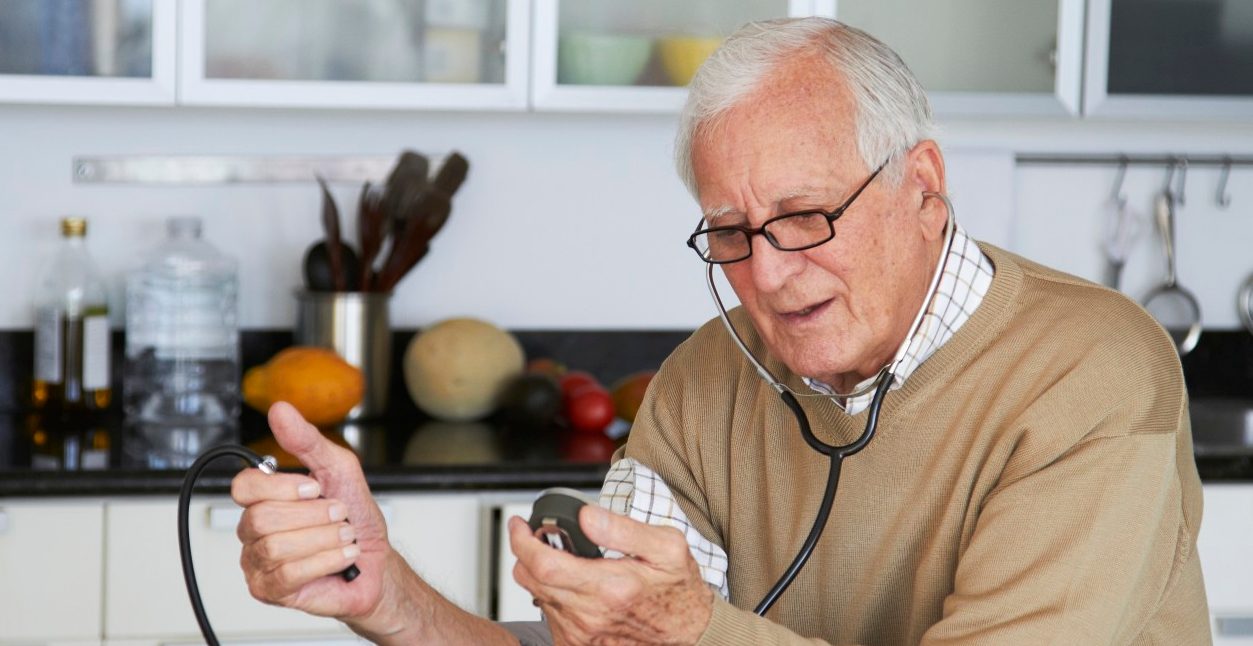8 Over-the-Counter Medical Tests

Try these tests if you’d like a fast answer, but follow up with a doctor.
Sometimes you need a test result quickly. Sometimes you can’t get out of the office to see the doctor or you’re traveling. Sometimes you want to avoid a co-pay or the cost of a doctor’s visit on a high-deductible plan. These OTC tests can help you in the short run, although don’t substitute for a doctor’s advice if you have questions.
YOU MIGHT ALSO LIKE: The Checkup You Can Do at Home?
1. Strep. Pro Advantage and the Rapid Response strep test kit both let you test for strep at home, which can be especially helpful with children. You’ll swab your throat — or your child’s — agitate the swab in a test tube, and check a test strip. The test has a 97 percent accuracy rate for strep A. Call a doctor if you test positive. Negative results suggest a virus instead of strep, but a fever warrants a visit or call to a doctor.
2. Blood Sugar. Bayer AIC and drug-store brands will give you your hemoglobin A1c result, a test of your average blood sugar level over three to four months. This is one of the standard tests to see if you have diabetes, or are in danger of becoming diabetic. Do the test before eating first thing in the morning. A normal level is anywhere from 4 to 6 percent. The pre-diabetic range is 5.7 to 6.4 percent. You may be diabetic if your result is 6.5 or higher. You can also test your fasting blood sugar levels on strips that absorb droplets of your blood and measure the results on a meter available at drugstores. Look for a level below 100. Urine strips are available but probably are not sensitive enough for pre-diabetics. Take a pre-diabetic result seriously! You can ward off or delay diabetes by losing weight and exercising, and can benefit from metformin, the most common medication used by diabetics. Make sure you discuss results with your doctor.
YOU MIGHT ALSO LIKE: Losing Weight Can Reverse Type 2 Diabetes
3. Urinary Tract infection. Several brands of tests for urinary tract infections are on the market, including products from Multistix, Mission, and AZO. You get a reading in minutes, checking for nitrite and leukocytes, or white blood cells. This isn’t the same as a culture that can identify which bacteria are causing you trouble, but the test can help you determine if an infection is lingering. Some research indicates that you can safely wait a day to see if an infection clears on its own before you need to take antibiotics. Many women continue to feel urgency or soreness even when they don’t have an infection. The AZO strips detect UTIs with nearly 95 percent accuracy, according to the FDA.
4. Allergies. It’s easy to be uncertain about whether symptoms like nasal congestion are caused by seasonal allergies, dust mites, a pet, or a virus. The MyAllergyTest kit from ImmuneTech checks your reaction to the 10 most common allergens: timothy grass, Bermuda grass, cedar, ragweed, mold, egg, milk, wheat, cats, and house dust mite, with an FDA-confirmed 93 percent accuracy. You’ll prick your finger to take a blood sample, mail it in, and get an answer in about a week, with a list of allergists in your area to consult.
5. Cholesterol. Check your cholesterol levels with a product made by First Check, and test strips that work with a portable blood meter from CardioChek. The Home Testing Kit by Cholestrak gives you a total cholesterol reading within 15 minutes, as well as your high-density lipoprotein level (HDL) level, and suggests whether you need to talk to a doctor. You’ll need to prick your finger for blood. Divide your HDL number into your total cholesterol number. An optimal ratio is less than 3.5-to-1. A higher ratio means a higher risk of heart disease.
Many doctors prefer a different number, “non-HDL cholesterol.” Just subtract your HDL number from your total cholesterol number. An optimal number is less than 130 milligrams per deciliter (mg/dL), or 3.37 millimoles per liter (mmol/L). Higher numbers mean a higher risk of heart disease. [Link to my YCE story on cholesterol when it’s up]
6. Thyroid. Problems with your thyroid can be subtle. A sluggish thyroid might cause you to feel fatigue, gain weight, or become depressed—but so can may other health issues. The Home Thyroid TSH Test kit allows you to collect a blood sample and mail it in to a lab, which will process it over about 10 days. You’ll get your results online. ThyroChek offers results in ten minutes, but costs more.
7. Blood Pressure. Monitoring blood pressure at home may help you feel less anxious if you’re on medication or are trying to get your blood pressure down through diet and exercise. A monitor from Omron allows you to store readings for two people. Bring it to the doctor and check its results against the readings you get there. But don’t stress out over the results — that could raise your blood pressure!
8. HIV. Of the two home HIV tests, the fastest is Oraquick from Orasure. Swab your gum and you'll get your answer within 40 minutes. The Food and Drug Administration has vetted the company’s claim of nearly 92 percent accuracy on a positive result and 99 percent on negative. The test checks for both HIV-1 and HIV-2, which is less common in the United States. A positive result warrants an immediate appointment with a doctor. Follow up a negative result with another test within three months. Home Access makes a similarly accurate test that requires a blood sample. The answer won’t come for a week or more.
Updated:
March 31, 2020
Reviewed By:
Janet O’Dell, RN